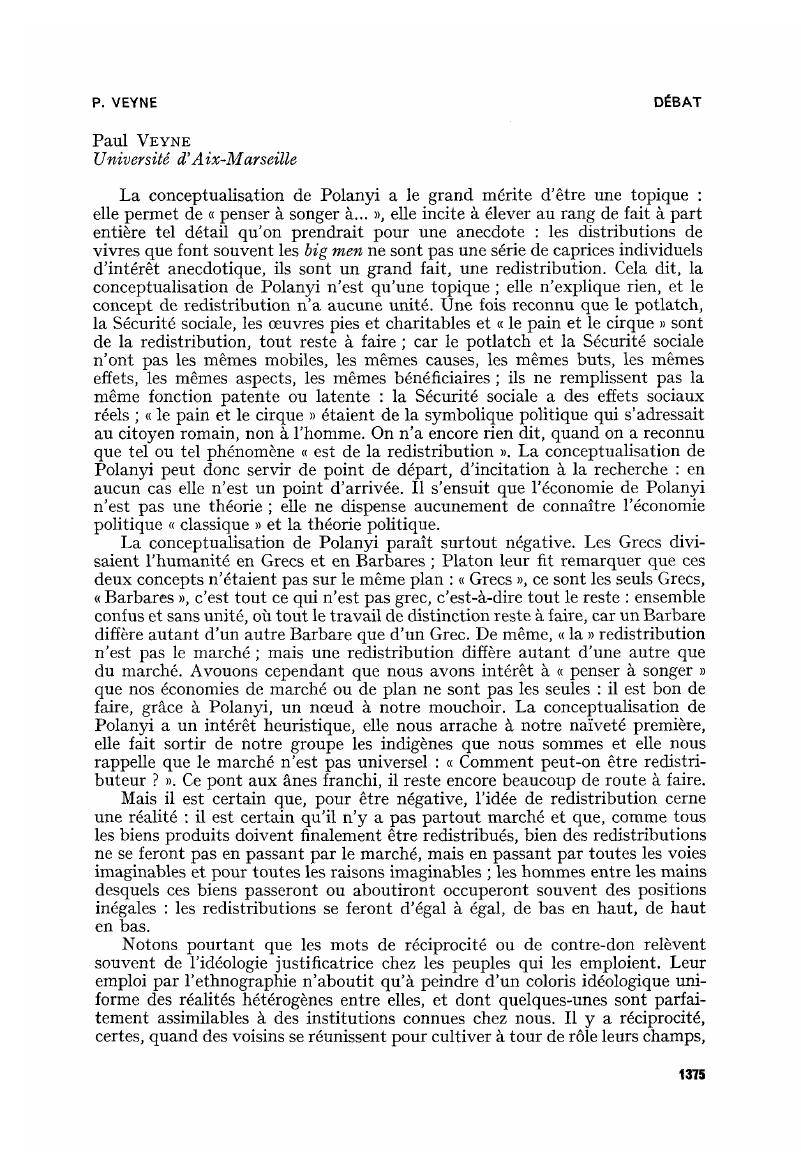Crossref Citations
This article has been cited by the following publications. This list is generated based on data provided by Crossref.
Booth, William James
1993.
A Note on the Idea of the Moral Economy.
American Political Science Review,
Vol. 87,
Issue. 4,
p.
949.
Booth, William James
1994.
On the Idea of the Moral Economy.
American Political Science Review,
Vol. 88,
Issue. 3,
p.
653.



